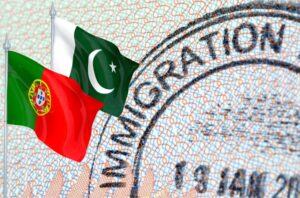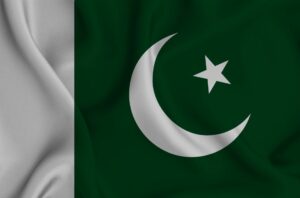The start of 2020 has been challenging for most nations – the year was welcomed with an aggressive virus that effortlessly crippled institutions around the globe. And as the year progresses, crises, natural or otherwise, continue to unravel.
An economic recession will often be the direct result of these crises and even major developed countries are expected to struggle. Even more so for developing countries that already face a variety of issues. Such is the case of Lebanon.
Declining Economy and Increased Inflation
For the past decade, Lebanon’s economic growth has been on a steady decline, however, the dollar crisis exploded in the last quarter of 2019 when there came a shortage of foreign currency.
In May 2020, Lebanon experienced its highest inflation rate to date at 56.5%, while the local currency is now currently valued at 85% less than its original peg.
This proved to be very problematic for a country that heavily relies on imported goods such as food and fuel. It was also then that banks started imposing strict restrictions on dollar withdrawals, eventually reaching a point where each individual was only allowed to take out USD 100 per week.
Insufficient Support from the International Monetary Fund
As the Lebanese currency continued on its downward trajectory, along came the pandemic which pushed the country’s economic standing into further turmoil. Lebanon therefore sought a bail-out with the International Monetary Fund. While it has been pegged that Lebanon requires USD 30 billion in financing to mobilise the country towards recovery, officials were noted saying that IMF may only be able to disburse funds in the range of USD 5-9 billion. This would have been considered a slight lift in developments, however, talks between the IMF and Lebanon appear to be stalling. And very recently, the country has made it into the headlines again with the unfortunate Beirut catastrophe, which left large parts of the city in ruins.
Increased Cost of Living
Following these events, social unrest and mass protests continue to intensify and grip the nation. The accelerating increase in the cost of living and gradual failing of businesses is eliciting renewed diaspora within the country’s population. Lebanese people who hold dual citizenship in other countries chose to leave, citing financial security and lifestyle stability as driving factors. While it may be unfortunate that not everyone is as privileged, there is still a glimmer of hope in the market in the form of Residency or Citizenship-by-Investment. The Residency and Citizenship-by-Investment industry offers programmes that allow individuals to gain permanent residency and second citizenship in some of the most developed countries that boast a high standard of overall living and future security.
At Next Generation Equity, the Malta and Portugal residency programmes have always been a popular choice with Lebanese investors. Malta is currently one of the fastest-growing countries in Europe while Portugal is already an established country and rated to be the 4th most peaceful.
As the world continues to grapple with a worldwide pandemic and nations such as Lebanon remains unrelieved of its economic woes, the idea of living elsewhere has become more of a necessity rather than a backup plan.
Next Generation Equity is a government-approved facilitator of second citizenship and residency applications across Europe and the Caribbean. To learn more about our programmes, please sign up for a free consultation via the form below.





